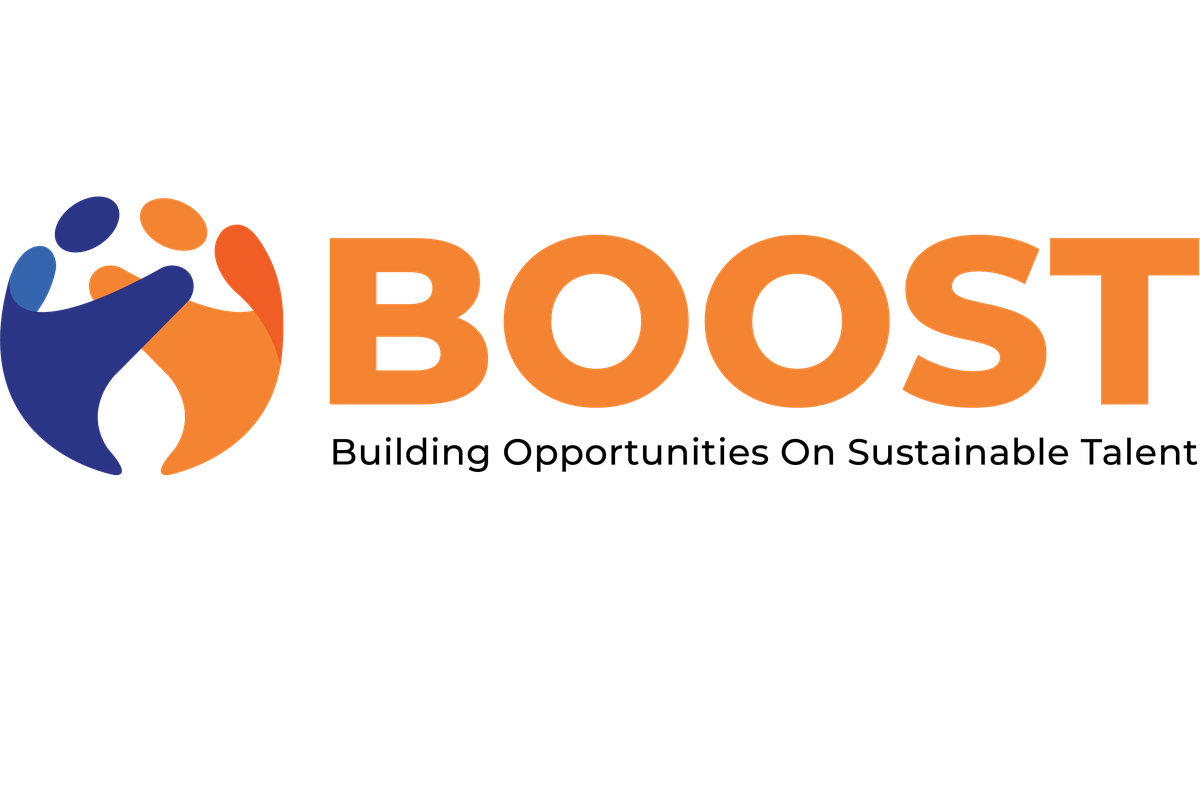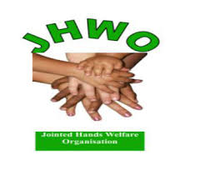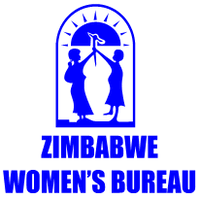Consultancy-Training of Parirenyatwa Emergency Operating Centre and Annexe Management Team on Management of Call Centre under the Health Sector Development Support Project Implementation
Ngo & Social Services Jobs
Job Description
Background
The Government of Zimbabwe has received funding for the Zimbabwe Health Sector Development Support Project from the Global Financing Facility through the World Bank administered Health Sector Development Support Project Additional Financing V. The objective of the project is to improve coverage and quality of an integrated package of Reproductive, Maternal, Newborn, Child, Adolescent Health and Nutrition (RMNCAH-N) services, as well as strengthen COVID-19 response and institutional capacity to manage performance-based contracts consistent with the Recipients’ ongoing health initiatives. Cordaid is the Project Implementing Entity.
The project will expand the RBF package of services to cover prioritized RMNCAH-N and other related services to respond to Zimbabwe’s burden of disease while also reconfiguring the RBF approach to appropriately respond to the COVID-19 pandemic.
Currently the national Emergency Operations Centre (EOC) has been set up in Harare at Parirenyatwa Group of Hospitals. The Emergency Operation Centre was established as part of the response to facili-tate an integrated disease surveillance and coordination as part of the response to the COVID-19 through grievance redress mechanism, sentiment analysis and directing issues to their respective de-partments and teams such as the Rapid Response Teams and the Public Relations Office. It has got a call centre as an integral part, where calls are received from the community and support provided ac-cordingly. Through a joint assessment done by Ministry of Health and Child Care (MoHCC) and Cordaid, it was noted that the centre did not have adequate desktops for the daily operations by the attend-ance and this resulted in gaps in recording and utilization of electronic tools. In terms of human re-sources, the staff seconded to the call centre did not have support outside the normal working hours, including weekends. The current team had not received any formal training in call centre operations considering that most of the people who had benefited from the initial orientation coordinated by the World Health Organisation in 2020 were no longer seconded to the call centre. The initial training how-ever had only covered the centre as staff was being oriented on the linkages between the Centre and other ministry departments and how they were to refer cases that needed further addressing through the relevant departments. This training, which was mostly programmatic, was done by WHO staff. The current team was just oriented on the basic skills on how to attend to calls and record, but this was not a professional training. In terms of recording and tracking of calls the system in place was limited as it did not have a provision to queue calls or track calls that would have dropped. It was recommended that for the call center to function optimally, there was need to strengthen it by providing Information Technology (IT) support, allowances for people manning the call center after hours, capacity building, and data analysis and its use for decision making through monitoring and evaluation support using Re-sults Based Financing (RBF) approach.
Furthermore, the Parirenyatwa Annexe Centre is also in the process of establishing a call centre under the mental health department with the aim of offering psycho-social support to patients with mental health issues and their loved ones. The project is also supporting the operation of this centre and since this will be the first time such a call centre is being set up, there is need to capacitate the management on how to run it effectively and efficiently.
To respond to the capacity gaps in the call centres, Cordaid will hire an individual to assist in training of Parirenyatwa Group of Hospitals Emergency Operating Centre and Annexe managerial staff on management of call centres. The training will support the capacity building initiatives being supported by the HSDSP AF V. Specifically the training will cover how to manage the call centre in terms of operations, staff management, financial management, governance, and accountability, recording and reporting among other managerial skills needed. A total of 20 participants (call centre supervisors and senior management) are anticipated to benefit from this training.
Duties and Responsibilities
Scope of the work
The individual will be responsible for the following:
• Work with Cordaid and MoHCC to prepare an agenda to cover the training needs
• Conduct a two-day training of call centre management on how to manage the call centre (op-erations, staff management, financial management, governance, and accountability, recording and reporting among other managerial components)
• Provide the training package that is the consolidated PowerPoint presentations with guidelines for future reference and use.
NB. There is a possibility of a refresher training after six months through Zimbabwe COVID-19 Emer-gency Response Project (ZCERP).
Key deliverable(s)
The key deliverables for this assignment are:
• Training agendas prior to execution of assignment
• Training package including all PowerPoint presentations made during the training and training guides
• Training report
Estimated timeline: 7 days to include workshop preparation, training and writing training report
Qualifications and Experience
Selection criteria
The individual shall be selected based on the Individual Consultant selection method of the World Bank’s regulations. Main criteria for the selection will be relevant work experience and qualifications to deliver the scope of the assignment.
Required Qualifications, Experience and Skills
1. The individual should have a degree in business or financial management, governance and accountability, monitoring and evaluation or other relevant qualifications.
2. At least 5 years’ experience in training in governance, corporate management and monitoring and evaluation including experience in call center management
3. A demonstration and evidence of conducting similar assignments for non-governmental or government entities will be an added advantage
4. Should adhere to applicable regulations, contract terms and condition.
Submission Requirement
1. Personal portfolio on related consultancies done
2. Referral letters from at least three companies or organisations that benefited from your services.
How to Apply
To apply
Qualified and experienced persons are encouraged to urgently apply and attach detailed CVs to: HR.Zimbabwe@cordaid.org and copy procurementzim@cordaid.org
Deadline: 16 September 2022 by midnight.
Cordaid does not ask for a fee at any stage of the recruitment process.
Cordaid is an equal opportunity employer and does not discriminate against any employee or job applicant based on race, political affiliation, religion, tribe, national origin, gender, physical or mental disability, health status or age.
Only short-listed candidates will be contacted.





